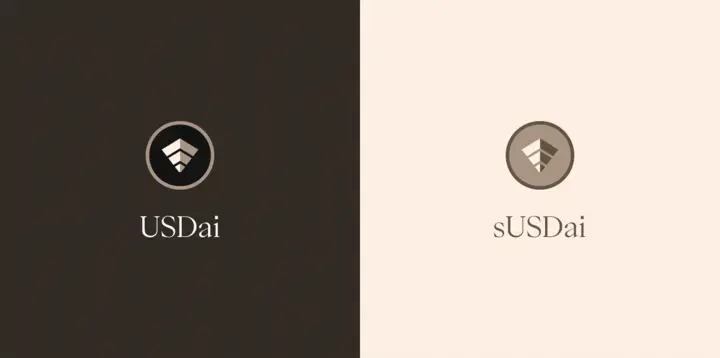Wildcat Says Kinto Default Doesn't Affect Other Loans
- Kinto ceases operations following exploration and default on Wildcat
- Wildcat reinforces that there is no risk of contagion
- More than US$150 million remains active on the platform
Wildcat Labs, a cryptocurrency lending protocol, announced that the Kinto network default represents the first official case of default on its platform since its launch in 2023. The announcement came after Kinto, a modular Ethereum Layer 2, confirmed that it will cease operations by the end of the month, citing a lack of resources to service debts.
"Regrettably, Kinto has announced its intention to cease operations and has stated that it does not have sufficient assets to service the full debt incurred by the Kinto Phoenix Facility market," the Wildcat team wrote in an official statement.
Regrettably, Kinto have announced their intention to shutter operations, and have stated that they have insufficient assets to repay the full debt incurred by the Kinto Phoenix Facility market.
The network had been the target of an exploit that drained $1,55 million from its lending pools. In response, it launched the "Phoenix" plan, raising $1 million and issuing a new token, $KINTO, to attempt to restore liquidity and restart operations. However, the new debt made the protocol's continuation unviable.
According to Ramón Recuero, founder of Kinto and Babylon Finance, Phoenix plan creditors will receive 76% of the principal amount of the loans, using the foundation's remaining assets. Wildcat confirmed this information, emphasizing that the withdrawal process will occur in installments, pro-rata.
“More importantly, requests in later batches will not have assets allocated until there is sufficient capital to fully honor all previous ones: think of this queue as an hourglass,”
highlighted the team.
The protocol emphasized that the case will not impact other loans. "By definition, the loss is limited to the Phoenix Line, with no risk of contagion or reduction in value to any other lender or borrower," Wildcat stated, reinforcing that Kinto will continue to seek recovery of funds from those responsible for the attack.
Currently, there is over $150 million in outstanding credit on Wildcat, and approximately $368 million has been originated since its inception. The platform's model stands out for offering undercollateralized loans, a distinct approach from traditional DeFi protocols.
Founded by Laurence Day, an influential figure at X (formerly Twitter), and Dillon Kellar of Indexed Finance, Wildcat recently raised $3,5 million in a round led by Robot Ventures, with a market valuation of around $35 million, in addition to having attracted investments from groups such as Wintermute Ventures and angel investors via Echo.
Disclaimer: The content of this article solely reflects the author's opinion and does not represent the platform in any capacity. This article is not intended to serve as a reference for making investment decisions.
You may also like
20x in 3 months: Does ZEC's "Bitcoin Silver" narrative hold up?
You bought ZEC, I bought ETH, and we both have a bright future.

Morning Brief | Trump hopes to make the United States a "Bitcoin superpower"; crypto trading app Fomo completes $17 million Series A financing; how Ripple supports a $4 billion valuation
Overview of major market events on November 6th.

Metis Ecosystem x402 New Experiment: 500 million BANG tokens minted out, how does GMPayer drive cross-chain autonomous payments for AI Agents?
What are the core advantages?

Review of the MMT Short Squeeze Incident: A Carefully Orchestrated Money-Grabbing Game
From hyping up to attract new users, pre-market warnings of breaking issue prices, aggressive rallies liquidating short positions, to a sharp crash wiping out long positions, this collapse not only burst the speculative bubble but also exposed deeper issues of manipulation and trust crisis within the industry.

